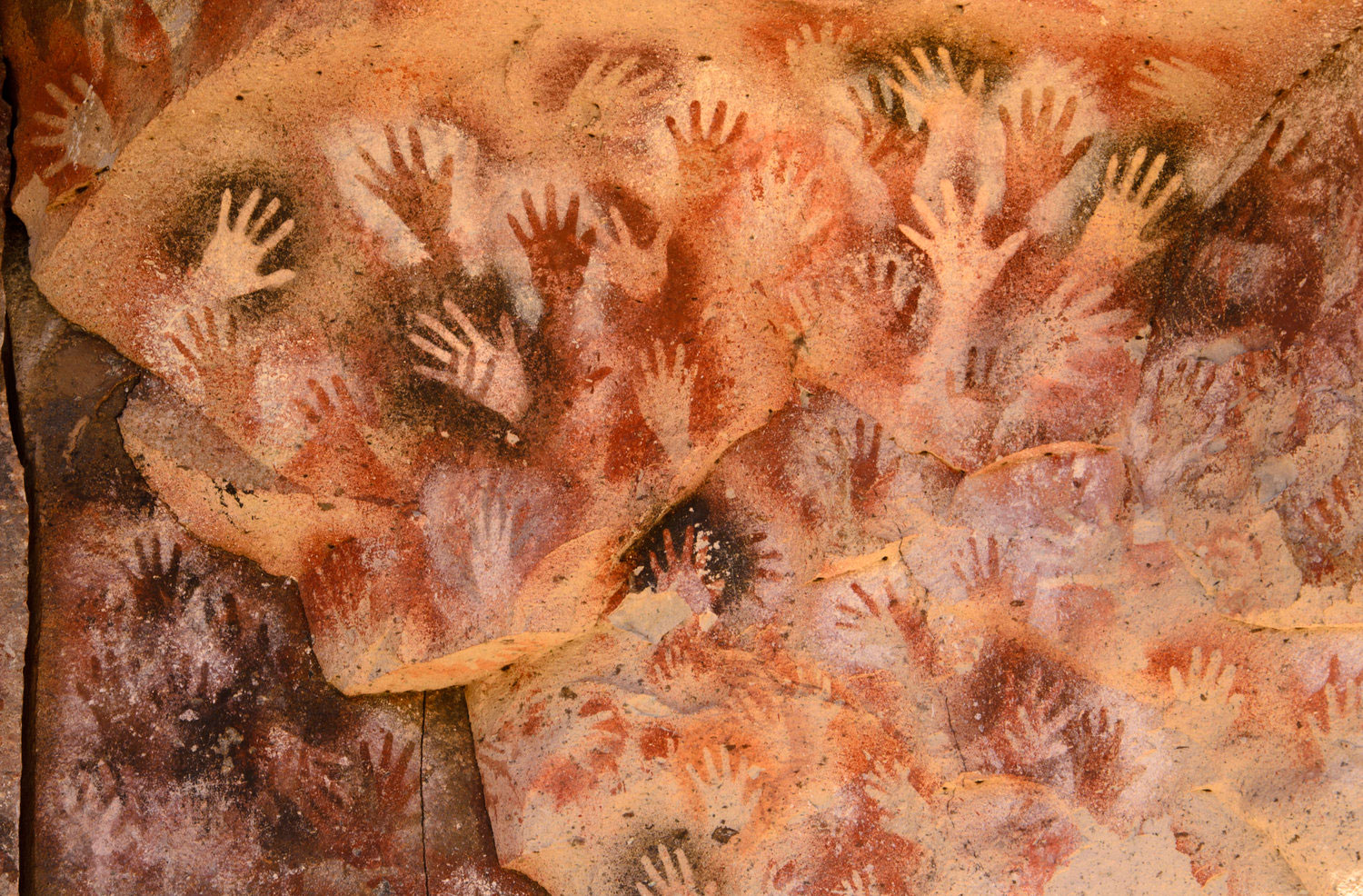| Kingdom: | Animalia |
| Phylum: | Chordata |
| Class: | Mammalia |
| Order: | Primates |
| Suborder: | Haplorhini |
| Infraorder: | Simiiformes |
| Family: | Hominidae |
| Subfamily: | Hominidae |
| Tribe: | Hominin |
| Genus: | Homo |
This, is what a human living today is classified into. You are human. But you are also a 'Hominin', and so was this dashing fellow-
Humans have been evolving for about 6 million years now. That's 0.000016th of how long you will be here on earth if you're lucky. We often tend to overlook our roots and where we come from, to give you a perspective, this is how your first great-grandpa probably looked -
This....is how your 300 millionth Great-grandma looked!
Hope I could pique your interest!
Humans as we know, began evolving separately from Chimpanzees as far as 7 million years ago.
Humans as we know, began evolving separately from Chimpanzees as far as 7 million years ago.
About 20 million years ago, the first shy steps to our evolution began. Proconsuls roamed about peacefully in the trees with no threat of predators and abundant fruits to eat, all this made life comfortable for our arboreal ancestors. This also meant, nature could finally explore new avenues of evolution.
Fossils show that this age first saw the reduction of teeth and muzzle size, suggesting non-aggressiveness. However, about 10 million years ago, natural selection showed up, scoffing at how easy life had turned out for the proconsuls.
The temperatures of the dense African forests with lush trees and branch to branch networks, turned into a vast and sparse savannah. Staying on trees all the time, was no longer an option. Our ancestors really didn't care about the life below. But now they had to. Walking from tree to tree was a life or death situation. Predators. Vicious animals like cheetahs and lions were suited to the savannah terrain and had become masters of hunting. Our ancestors however, were slow and defenseless.
Once evolution takes a step in a direction, it doesn't take a step back. Non-aggressiveness and lack of any defense in the form of teeth, skin or claws meant that evolution had to improvise. Ardipithecus Ramidus, was one of the first recorded to use hind limbs for movement between tree clusters. They still relied on the safety of trees though, and were mostly arboreal. A fascinating fact about these ancestors who lived 10 million years ago, was that they were monogamous!
The next few stages saw our ancestors leaving trees for good and pursuing a nomadic life. They ate everything and moved in groups

Ardipithecus
Fossils show that this age first saw the reduction of teeth and muzzle size, suggesting non-aggressiveness. However, about 10 million years ago, natural selection showed up, scoffing at how easy life had turned out for the proconsuls.
The temperatures of the dense African forests with lush trees and branch to branch networks, turned into a vast and sparse savannah. Staying on trees all the time, was no longer an option. Our ancestors really didn't care about the life below. But now they had to. Walking from tree to tree was a life or death situation. Predators. Vicious animals like cheetahs and lions were suited to the savannah terrain and had become masters of hunting. Our ancestors however, were slow and defenseless.
Once evolution takes a step in a direction, it doesn't take a step back. Non-aggressiveness and lack of any defense in the form of teeth, skin or claws meant that evolution had to improvise. Ardipithecus Ramidus, was one of the first recorded to use hind limbs for movement between tree clusters. They still relied on the safety of trees though, and were mostly arboreal. A fascinating fact about these ancestors who lived 10 million years ago, was that they were monogamous!
The next few stages saw our ancestors leaving trees for good and pursuing a nomadic life. They ate everything and moved in groups

Ardipithecus

Another thing to consider is that, it took 20000 years for the human population to reach a billion in number up until the 1800s. But, from then, in just 2 centuries, that number has octupled to 8 Billion humans!
Why this sudden rise... Will this rate going to persist?... and what does this mean to us as a species. This is all for another day :) - "The transient phase we live in today"

“It is not the strongest of the species that survives,
not the most intelligent that survives.
It is the one that is the most adaptable to change.”
― Charles Darwin
Credit -
- American Museum of Natural History
https://www.youtube.com/watch?v=DZv8VyIQ7YU
- Kurzgesagt
- NHK Documentaries
- The Origin of Species - Charles Darwin

/https://tf-cmsv2-smithsonianmag-media.s3.amazonaws.com/filer/20111116112013Australopithecus_afarensis.jpg)


MONKE..
ReplyDelete